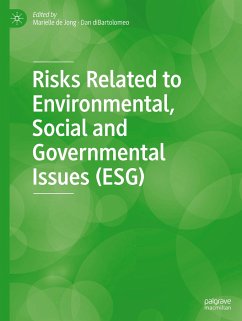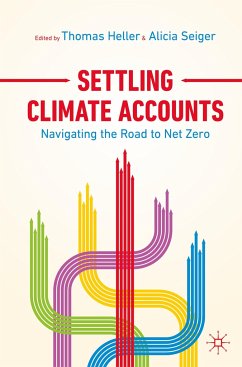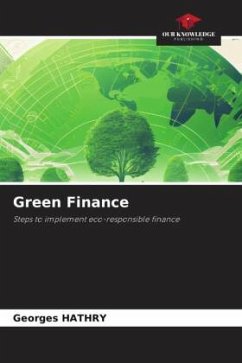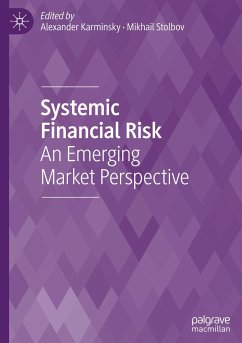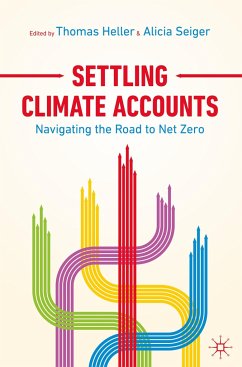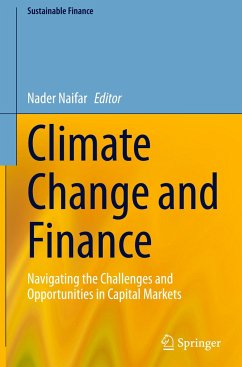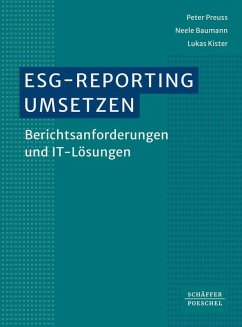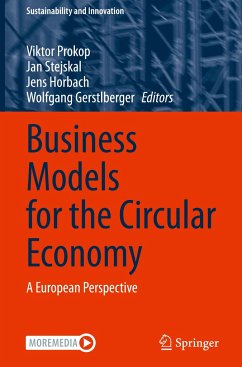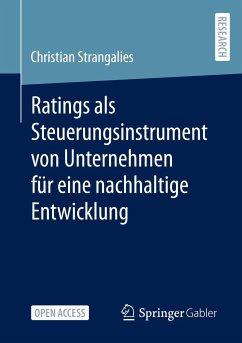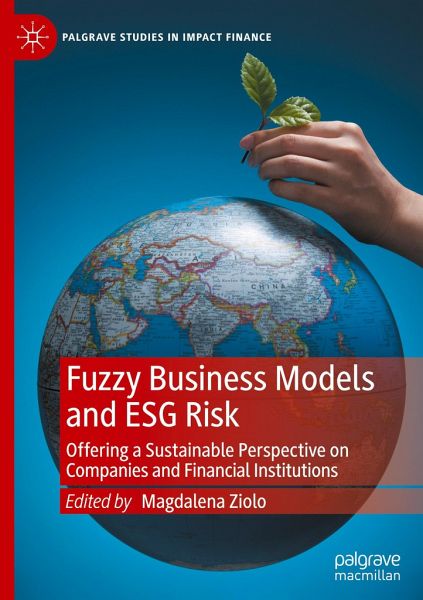
Fuzzy Business Models and ESG Risk
Offering a Sustainable Perspective on Companies and Financial Institutions
Herausgegeben: Ziolo, Magdalena

PAYBACK Punkte
65 °P sammeln!
This book discusses fuzzy business models and focuses on using fuzzy logic in business processes from the perspective of financial institutions when integrating ESG factors and risk. Developing and examining sustainable business models requires an appropriate methodology that would consider the specificity of business models because the measurement of this phenomenon is often based on values from specific ranges and requires a fuzzy approach. According to the law, regulations, and recommendations, financial institutions and businesses must incorporate Environmental Social Governance factors an...
This book discusses fuzzy business models and focuses on using fuzzy logic in business processes from the perspective of financial institutions when integrating ESG factors and risk. Developing and examining sustainable business models requires an appropriate methodology that would consider the specificity of business models because the measurement of this phenomenon is often based on values from specific ranges and requires a fuzzy approach. According to the law, regulations, and recommendations, financial institutions and businesses must incorporate Environmental Social Governance factors and ESG risk in their decision-making process. Sustainable financial institutions include ESG risk in their risk management system, strategies, and policies. As a result, they hope to mitigate ESG risk and create sustainable value in their business models with an impact on sustainable value creation. This book discusses this phenomenon in detail.
One of the first on the market toaddress the issue of fuzzy business models, the book also deals comprehensively with the fuzzy logic in modeling business processes, decision-making processes, and business models using examples from financial institutions, and will be of interest to researchers, professors, and students of sustainable finance, banking, and sustainable development alongside corporate sustainability.
One of the first on the market toaddress the issue of fuzzy business models, the book also deals comprehensively with the fuzzy logic in modeling business processes, decision-making processes, and business models using examples from financial institutions, and will be of interest to researchers, professors, and students of sustainable finance, banking, and sustainable development alongside corporate sustainability.



